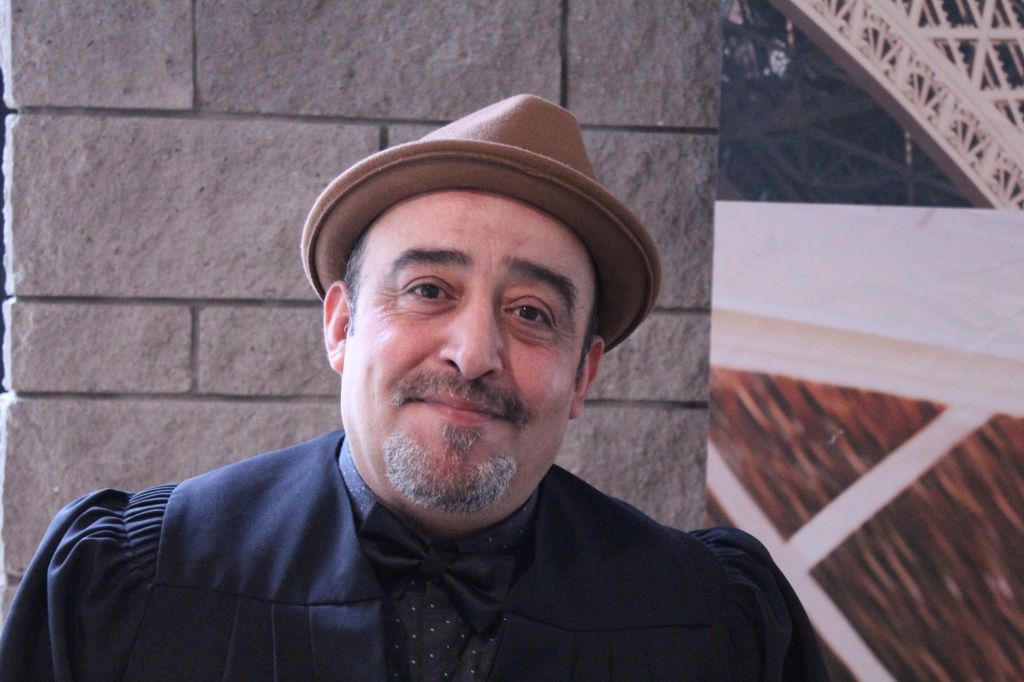A group of 30 Syrian refugees have graduated from an Algonquin culinary program designed for new residents of Canada.
The Culinary and Job Skills for Newcomers to Canada program was designed to help Syrian refugees gain credentials in order to enter the Canadian workforce. Out of the 30 students that graduated on April 14, half graduated as cooks and half graduated as bakers.
One of these students, Samir Masoud, came to Canada two and a half years ago. Masoud is a graduate of both the cooking and baking programs.
“The college has given us the chance to get more experience and to build up a resume,” said Masoud. “My dream is to open my own business with my family. So I’m thankful for all of this.”
Wes Wilkinson, coordinator of the program, created the curriculum last year in response to the needs of the refugees.
“The original concept was that they would come in and rent kitchens to sell cookies and raise money. So I suggested a program for them, one for cooks and one for baking,” said Wilkinson. “We teach them job skills, five weeks of food handling training, WHMIS, knife skills and so on. We offer them job readiness, so they can get a certificate from the college and a Canadian license to help them find work. The program is designed to either help them get a job or to be a stepping stone to furthering their education.”
The idea for the program was initially conceived by Snezana Minic, the language programs manager for the Ottawa Chinese Community Service Centre. Minic has worked with many Syrian refugees through her organization’s English programs and noticed that many of them were particularly good cooks.
She contacted Wilkinson to see if they could create a program to assist the refugees.
“I was thinking, what in the world could we do to help get them into the workforce?” said Minic. “After observing their excellent cooking and baking skills, I thought, well, why don’t we try to get them some schooling? We can get them a certificate or a diploma or whatever, and we turned to Algonquin as it has a great reputation for culinary training.”
The program is funded by the Immigration, Refugees and Citizenship Canada. The funding has been extended for another year, and will likely have another three courses. So far, the program has graduated 60 people, and it will continue to do so in the future.
Minic also wants to see a hairdressing program for the refugees designed in the near future.
“These individuals who are coming to Canada want to work and give back to their communities,” said Minic. “We want to help them do that.”


